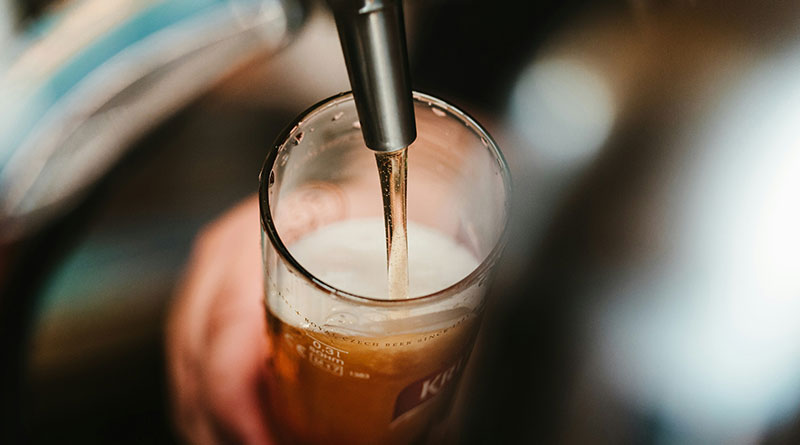Limited Growth For Hospitality Barclays Consumer Growth Report Reveals

Consumer card spending increased 1.2 per cent year-on-year in September, after returning to growth in August, but remained lower than the latest CPIH inflation rate of 3.1 per cent.
Non-essential spending saw its highest growth so far this year, at 2.7 per cent, as retailers’ discounting incentivised shoppers. Several retail sub-categories enjoyed a strong performance, such as clothing, health & beauty, and department stores, while entertainment spend increased 14.4 per cent.
However, pubs, bars and clubs saw limited growth, at 0.6 per cent, down from 3.2 per cent in August. This comes as 40 per cent of those cutting their discretionary spending say they will cut-back on drinking out to save money.
Insperiences saw a slight improvement in September, up 4.3 per cent in comparison to 3.0 per cent in August, signalling a return to indoor experiences as the darker, cooler evenings set in.
In September, essential items saw their greatest decline (-1.7 per cent) since April 2020. Spending on groceries fell (-0.8 per cent) for the first time since June (-2.2 per cent), as Brits continue to find ways to cut costs, with supermarkets experiencing a -1.1 per cent dip. Growth at food and drink specialist stores slowed to 2.7 per cent (down from 5.1 per cent in August).
Overall retail spending rose 1.1 per cent in September compared to the same period last year – a marked improvement after the sector endured a challenging summer, as retailers’ discounting and promotional activity incentivised shoppers during back-to-school season.
Entertainment increased 14.4 per cent in September – the highest uplift recorded since July 2023 (15.8 per cent), when the pre-release window for Taylor Swift’s Eras Tour resulted in a surge in spending. A fifth (20 per cent) of those prioritising “treat purchases” even when budgeting continue to spend on theatre and live music tickets, following a trends towards spending on experiences post-COVID.
Almost half (45 per cent) of consumers have noticed dynamic pricing coming into effect at the checkout – where companies raise prices during peak times or when demand is higher. Of this group, 46 per cent noticed it impacting live event tickets specifically.
Despite this, enthusiasm for Oasis Live ’25 was unwavering. Spending on Shows & Concerts grew 35.8 per cent year-on-year in September, after tickets for the long-anticipated Gallagher brothers’ reunion went on sale. Spend on the day of general release was six times the rest of the month’s average daily spend. Meanwhile cinemas saw growth of 18.2 per cent in the month, amid the success of blockbusters such as Beetlejuice Beetlejuice, Deadpool & Wolverine and It Ends With Us.
Binge-watching on the sofa beats bar stools
As Christmas products hit supermarket shelves, a quarter of Brits (23 per cent) anticipate that the upcoming festive season will be more expensive than last year. More generally, 88 per cent of UK adults say they are concerned about rising food prices, with a similar proportion (87 per cent) concerned about inflation. Four in five (82 per cent) are concerned about shrinkflation, and those that have noticed this have seen festive staples such as chocolate (57 per cent), crisps (47 per cent) and sweets (34 per cent) feel the bite of this trend.
Cost-conscious Brits (15 per cent) have also started saving money for Christmas, with reusing old decorations (33 per cent), keeping an eye out for festive offers (26 per cent), and buying gifts in advance to spread costs (22 per cent) popular ways to reduce costs .
Karen Johnson, Head of Retail at Barclays, said:
“Retail’s recovery emerged as a bright spot in September, despite there being colder weather and darker evenings on the horizon.
“While shoppers’ remain cost-conscious, it’s clear they’re responsive to retailers’ promotional activity. Discerning shoppers are also finding room for treats and little luxuries within their budget, demonstrating that consumers are prioritising spending on things that bring them joy.
“While many are anticipating a costly Christmas, there are encouraging signs that people feel confident in their ability to manage their household finances and take control of their festive spending.”
